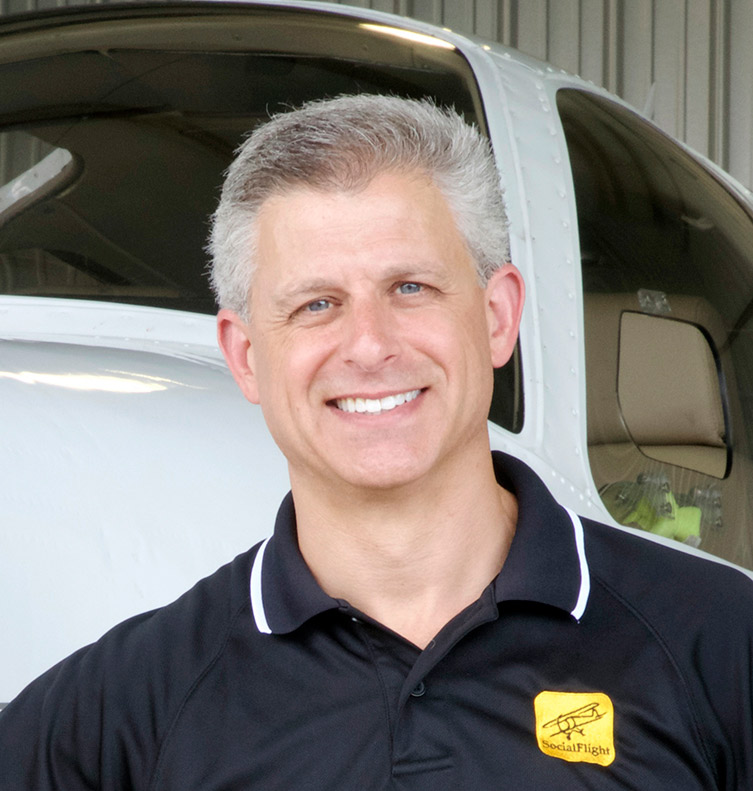Aircraft Maintenance: Breaking the accident chain
Post-flight inspections
The human mind is capable of a surprising amount of self-deception in order to achieve what (we think) we want. We have the ability to rationalize many things in order to justify our actions to avoid pain or to fulfill an immediate desire. Rationalizing our desires can result in actions as benign as breaking a diet or as serious as risking death. Without discipline, self-awareness, and/or a strong moral compass, “magical thinking” takes over and poses a risk to ourselves and to those around us.
In aviation accidents, we typically review the chain of events (or error chain) that consists of the many contributing factors leading up to the accident. If just one link in the chain had been broken, the theory goes, the accident would have been averted. The contributing actions that make up the links in the chain typically stem from human factor-related mistakes and pilot error, rather than simple mechanical failure. That’s not to say that accidents aren’t caused by mechanical failure; it just means that our own decision-making often plays a significant role in the outcome of the situation.
I consider the postflight inspection to be the most important inspection a pilot can perform. The end of a flight might seem to be the least likely first step in accident prevention, but it’s actually the best time to be thinking safety with a clear head. Preflight inspections, while critical, are the riskiest time for us to be making good decisions. We have all sorts of other pressing issues on our minds: weather, time, packing, passengers, etc. Our ability to focus completely on the job at hand is a challenge, to say the least.That said, an even greater danger is how we will handle the decision-making process if we happen to find a discrepancy.
Preflight is the perfect situation for rationalization and “magical thinking” to begin the error chain. We have a mission, a place to go or something we need to do. If we discover something that might jeopardize the trip, our first instinct will be to find a way to justify continuing with our plan. Time is not on our side, so we are likely to make different decisions than we might otherwise make. The oil could be down a quart, a tire could be a little low, a nick could be found in the prop, the engine idle could be rough, or just something may not feel right during the preflight inspection. The temptation is strong to think: “It’s only a few hours of flying. I’ll be OK.”
Take those same situations during a thorough postflight inspection, and the outcome is likely to be very different. Time is not a factor, so we make a plan to get everything taken care of. Buy a case of oil, check and fill all the tires, properly dress-out the nick in the prop, and make a plan to find the cause of the rough engine idle. We have time to order parts, get a second opinion, or dig deeper into something that seems a little off. We don’t fly until the airplane is perfect because we don’t have to.
So, consider adding a thorough postflight inspection to your routine. Open the cowl after each flight and inspect the engine, check the control surfaces and everything else that you would typically check on a good preflight (and then some). This is the time to find a problem because this is when you can be uncompromising in your action plan.
Everyone plays the mental game of rationalizing potentially bad decisions or actions. The key is to have the tools, the checkpoints, and the self-awareness to prevent those thoughts from turning into actions. Stack the deck in your favor and leave “magical thinking” to the magicians. Happy Flying!




